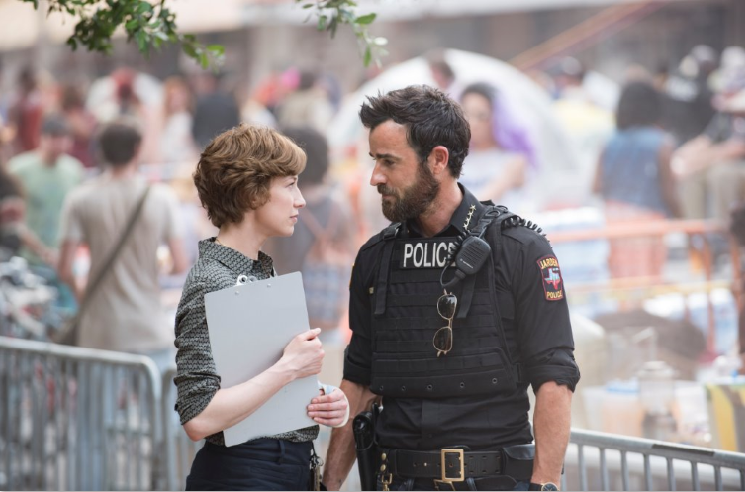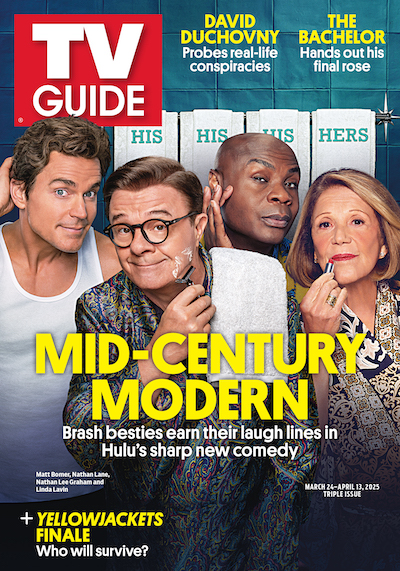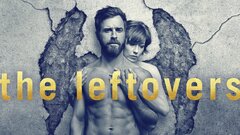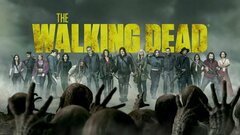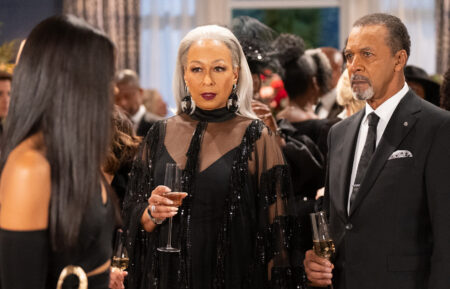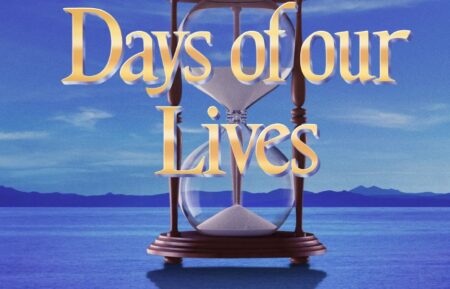Is ‘The Leftovers’ Channeling ‘The Walking Dead’ In Its Final Season?
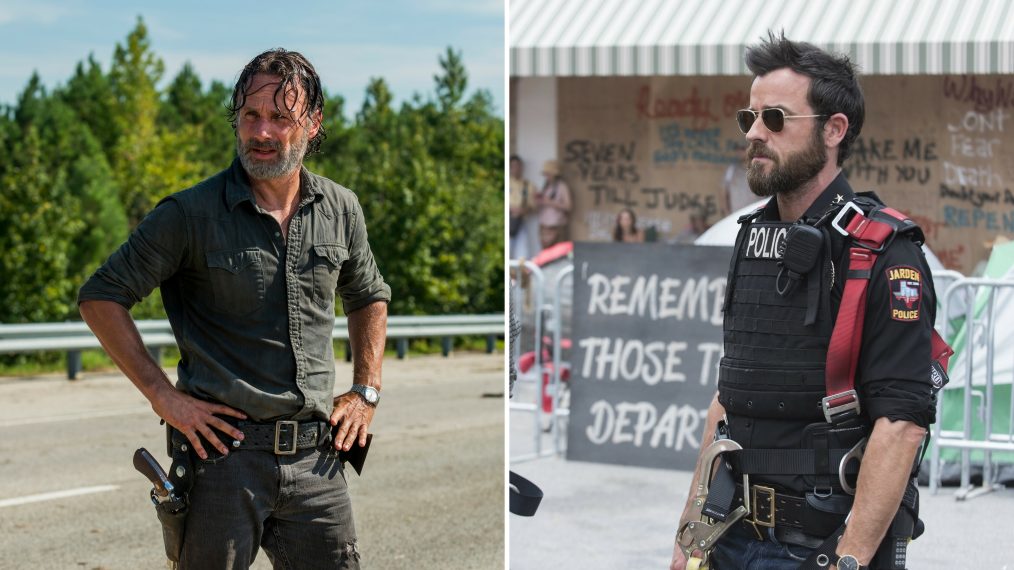
When Rick Grimes (Andrew Lincoln) gave his “we are the walking dead” speech in Season 5 of The Walking Dead, he could have been talking about the characters on The Leftovers. Kevin Garvey (Justin Theroux) and co. shuffle around on the HBO drama based on author Tom Perrotta’s 2011 novel, trying to figure out how to go on living from day to day in the wake of what they call the Sudden Departure, an event in which roughly 2 percent of the world’s population disappeared into thin air.
Perrotta, a Walking Dead fan himself, embraces the parallels between the two shows. “In a funny way The Walking Dead is just about survival,” the author and executive producer says. “In a way it treats the zombies a little bit like the Sudden Departure; it was just this force of nature that these characters have to deal with.”
The fact that neither show is particularly concerned with the root cause of its inciting tragedy is a comparison Leftovers executive producer Damon Lindelof has made before and one the Perrotta echoed in a recent interview with TV Insider. “The show is not really about figuring out what created the zombies and fixing it,” he says. “It’s really about, the zombies are now this condition that we have to live with, so how do we live? I do feel like it’s a sort of a ‘how do we live’ show. Which is what The Leftovers is as well. It’s not, ‘how did we get here?’ It’s, what do we do now?“
That’s a question that’s undoubtedly on a lot of Americans’ minds these days. The pervasive atmosphere of anxiety and uncertainty in which the characters on The Leftovers exist is a lot like what many of us are experiencing since November 8. But even before the election, people were comparing American politics to Perrotta’s work. The major players in the 2016 presidential race seemed like perfect parallels to the characters in his 1998 novel Election.
RELATED: Sign up for TV Insider’s The Walking Dead Newsletter
“What’s amazed me is almost every election since then, people have compared to Election,” Perrotta says. “Any ambitious woman candidate is immediately likened to Tracy Flick. George W. Bush was considered, like, Paul because he was sort of a dopey popular guy. There’re just certain archetypes in Election that seem to permeate our politics. It’s also been the Hillary Clinton era since 1992. She has loomed large in our politics, and Tracy Flick has become entwined with her in the public mind.”
Perrotta is struck by the way people interpret his work, the way they apply certain circumstances to their understanding of it. Election was written in response to the 1992 presidential race. Similarly, The Leftovers was in part a reaction to the sudden death of his father as well as the 2008 financial crisis. “You know, I grew up in a very stable time in American history,” Perrotta says. “I grew up middle class. And [2008] was the first time I was like, ‘Oh, maybe we’re not on solid ground. It could all sort of [disappear].’”
From TV Guide Magazine
How Hulu's 'Mid-Century Modern' Is a 'Golden Girls' for Our Times
Settle in for some older and bolder laughs with the BFFs of a certain age in the new comedy starring Nathan Lane, Matt Bomer, and Nathan Lee Graham. Read the story now on TV Insider.

